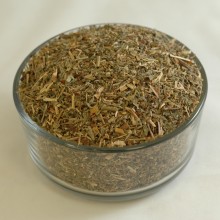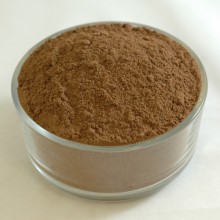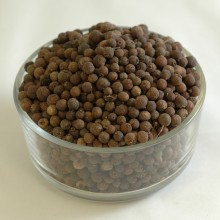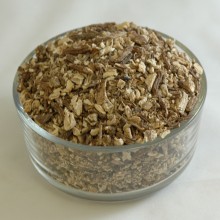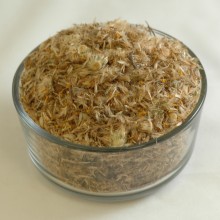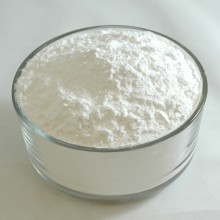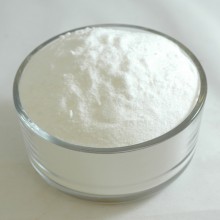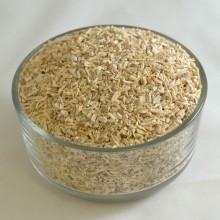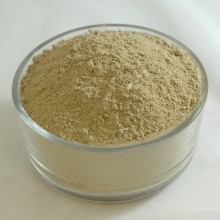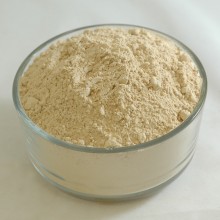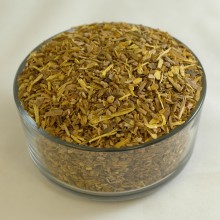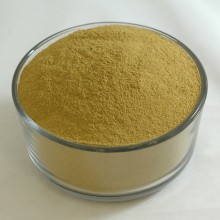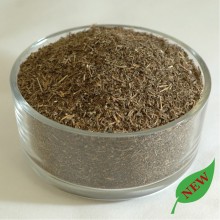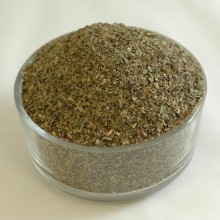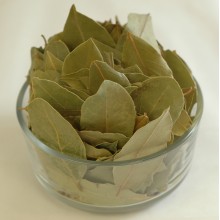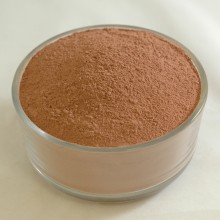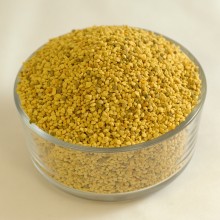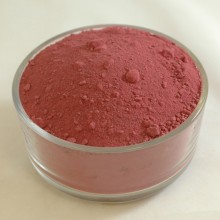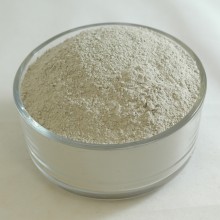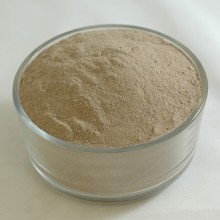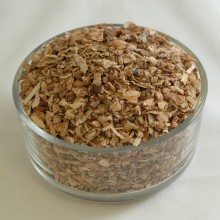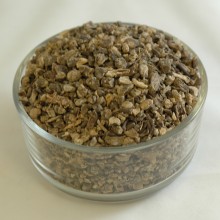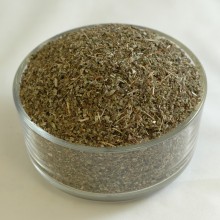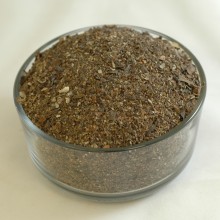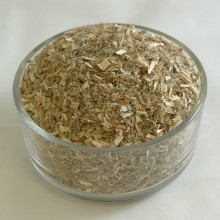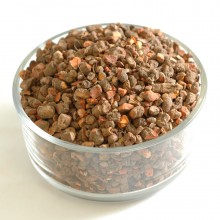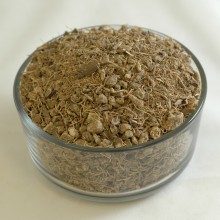Herbs & Spices
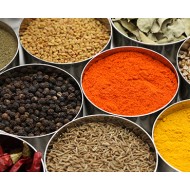
Description: Agrimony was one of
the most famous vulnerary herbs. The name Agrimony is from Argemone, a word
given by the Greeks to plants which were healing to the eyes.
Botanical Name: Agrimonia eupatoria
Common names: Agrimony, Cockle..
Description: Allspice takes its
name from its aroma, which smells like a combination of spices, especially
cinnamon, cloves, ginger and nutmeg. Whole dried allspice will keep
indefinitely when kept out of light in airtight jars.Botanical Name:&nbs..
Description: Allspice takes its name from its aroma, which smells like a combination of spices, especially cinnamon, cloves, ginger and nutmeg. Whole dried allspice will keepindefinitely when kept out of light in airtight jars.Botanical Name: Pi..
Description: During
the Great Plague of London in the late-mid 1600’s, a monk claimed an angel
visited him in his dreams and presented Angelica as the cure for the epidemic.
After this, it was regarded as “the antidote” to the plague. Royal public..
Description: Arnica flowers come from the daisy family that grows in Mexico and Southwest America. Closely related to Arnica Montana, this herb has long been a popular remedy; including use by Native American Indians who combined the flower..
Description: Arrowroot refers to the starch that has
been harvested from the rhizomes (root-stock) of several tropical plants,
traditionally Maranta arundinacea. Often used as a flour/thickener substitute
in allergen-free recipes; Arrowroot c..
Product
Grade: USP/FCC/BP
gradeAppearance: White or almost
white crystalline powder or colourless crystalsParticle Size: Fine crystal
retained on 40 mesh at 25% max; retained on 80 mesh at 50% minINCI Name: L-ascorbic ac..
Description: Ashwagandha
has been long praised as a longevity and vitality tonic by those who practice
Ayurveda. It grows in the sunny, dry regions of India but can also be found
growing in Nepal. In Sanskrit, Ashwagandha means “horse’s smell..
Description: Ashwagandha has been long praised as a longevity and vitality tonic by those who practice Ayurveda. It grows in the sunny, dry regions of India but can also be found growing in Nepal. In Sanskrit, Ashwagandha means “horse’s smell”, ..
Description: Traditionally used to
strengthen inner Chi (Qi) and the immune system, astragalus root has been used
in ancient Chinese medicine for centuries. Due to the root’s slightly
sweet-tasting and warming effects, it has been historicall..
Description: Historically
cultivated for its tart berries for culinary use, barberries were traditionally
used in pickled dishes, jams, candies, and more. The root itself was used to
make antipyretics, tonics, and other natural medicines. Due..
Description: Historically cultivated for its tart berries for culinary use, barberries were traditionally used in pickled dishes, jams, candies, and more. The root itself was used to make antipyretics, tonics, and other natural medicines. Due to..
Description: Ocimum sanctum, or holy basil, is an aromatic plant that is native to
the tropics of Asia and Africa, and is widespread as a cultivated plant and
weed. It is a small shrub with many branches and strongly scented green
leaves. The..
Description: Some historical
societies praised Basil as “kingly” and even considered it a token of love for
the dead. It was cherished in India by those who practiced Ayurveda and was
often used in tonics and salves. Contrarily, in many cultu..
Description: Bay leaves were once
used by ancient Romans and Greeks to make crowns for royalty, nobles, heroes,
and Olympians. Today, the florally herbaceous flavour of bay leaves is used to
flavour soups, stews, meats, sauces and more.Botani..
Description: The bayberry plant has many uses, most notably is the use of it’s cooked berries to produce winter bayberry candles—hence the nickname “candleberry”.The bark is typically used in tinctures and poultices and in some countries, it is burne..
Description: Bee pollen refers to
the flower pollen that collects on worker bees and is then mixed with digestive
enzymes to make pollen granules. Rich in vitamins and minerals, bee pollen is
often used as a nutritional supplement; it is typically..
Description: Originally,
beet leaves and stalk were consumed while the roots were discarded or used for
medicine. It wasn’t until the mid 1500s that Germany and Italy began recording
cultivation of the plant for its bulbous roots. In 174..
Description: A colloidal clay consisting primarily of montmorillonite.INCI Name: Bentonite PowderApplication: Bentonite clay is used
in wide variety of cosmetic products including bath products, facial masks and as
emulsifier and thickener in skin ..
Description: Benzoin
gum is the dried resin obtained from several trees in the styrax genus. It is
commonly used in perfumes, incense, flavorings, and medicine due to its sweet
vanilla-like aroma and its fixative properties.Botanical Name: St..
Description: Birch
trees are known for their papery white bark and their beautiful red Autumn
leaves. Historically, birch trees had an important role in the lives of indigenous people. Their bark was used to create wigwams, tee-pees, canoes,
..
Description: Black Cohosh is a woodland perennial with deeply toothed compound leaves and racemes of pungent cream flowers in the summer. The large, creeping, knotting rootstock, scarred with the remains of old growth, produces a stem up to 9 fe..
Description: Here in North
America, blackberry bushes can be found growing naturally as an invasive weed.
The prickly part is covered in delicious berries that can be to prepare jams,
jellies, pies and more, while its leaves are typically enj..
Description: Bladderwrack was the original source of iodine (discovered in 1811), and is one of the most common type of seaweed found in the oceans. The name Bladderwrack, refers to the bladder-like air pods (vesicles) that keep the plant a..
Description: Cnicus
benedictus (St. Benedict's thistle, blessed thistle, holy thistle or spotted
thistle), is a thistle-like plant in the family Asteraceae, native to the
Mediterranean region, from Portugal north to southern France and east t..
Description: Bloodroot is a popular natural red dye used by Native American artists, historically it was often used in tinctures and extracts to treats a variety of ailments. Bloodroot has one large basal leaf, up to 12 cm across, with 5-9 lobes..
Description: From the single stalk rising from the ground, there is a single, large, three-branched leaf plus a fruiting stalk. The bluish-green leaflets are tulip-shaped, entire at the base, but serrated at the tip. Its species n..

